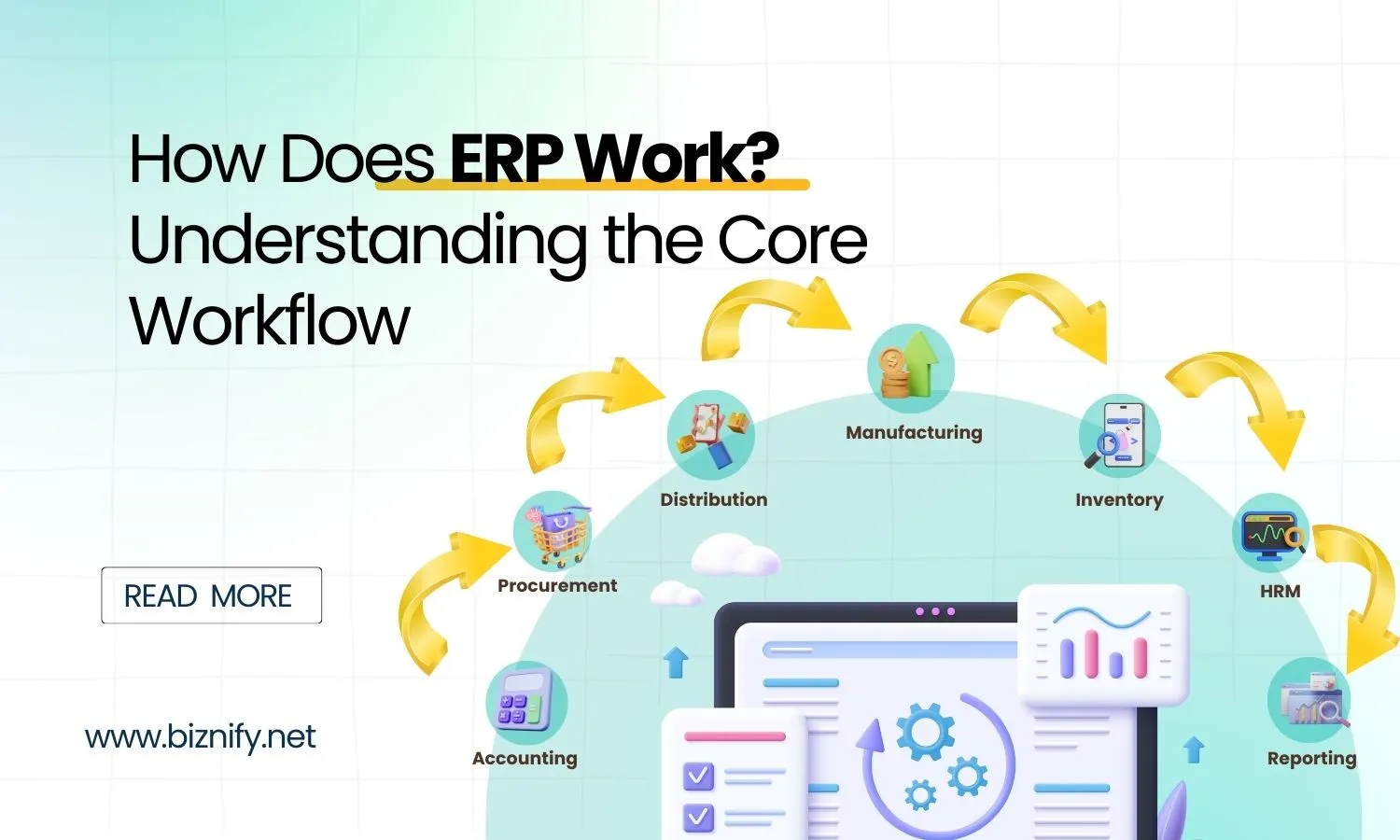
Managing sales, inventory, payroll, and other operations separately can create confusion. Larger companies use ERP software to keep everything connected and up to date. In this article, we explain how ERP works and why it matters for companies in Bangladesh.
ERP (Enterprise Resource Planning) is business software that connects key functions like finance, HR, inventory, and sales in one system.
In this post, we’ll explain how ERP works, how it links different departments, and why it's used by growing companies in Bangladesh.
Many businesses in Bangladesh still rely on outdated tools like spreadsheets or legacy desktop applications.
These systems might feel familiar, but they lack the flexibility and efficiency of modern ERP systems. Using Excel for core business processes limits visibility and efficiency compared to ERP systems.
With ERP systems, businesses can consolidate functions like accounting, inventory, and supply chain management into one coherent platform. ERP software helps reduce manual tasks, cut costs, and simplify workflows.
Learn how ERP software solutions in Bangladesh improve operations with Biznify ERP.
ERP software works through individual modules that cover specific business functions.
Modules vary from accounting and human capital management to niche areas like logistics and procurement. For example, a retail business in Bangladesh may use inventory, sales, and accounting modules. A manufacturing firm may prefer production planning and procurement.
Each module can further be subdivided into specialized sub-modules, ensuring comprehensive coverage. This tailored approach means businesses can avoid unnecessary features while enhancing operations and efficiency.
Configuring an ERP system involves adjusting settings to meet specific needs without altering the underlying code. Configuration means adjusting built-in settings to match your business process. Customization requires code changes for deeper changes.
However, sometimes configuration doesn’t cut it, leading to the need for customization—this is the stage where the source code gets tweaked.
While customization can make your ERP feel more uniquely yours, it’s essential to consider the long-term implications, such as maintenance and upgrade complexities.
While it can meet unique needs, it may increase update and maintenance work later. Biznify ERP provides customizable modules while keeping long-term system updates manageable.
In the ERP world, integration is crucial. Different modules need to communicate seamlessly to ensure accurate data flow and efficient business processes.
Proper integration ensures all modules share real-time data. For example, a sales order automatically updates inventory and finance.
Many organizations resort to third-party technologies for specialized needs like advanced supply chain management or CRM features. While integrating these systems can enhance functionality, careful planning is vital, as poor integration can dilute the overall effectiveness of the ERP system.
Using robust integration tools is your best bet for a harmonious operation.
When organizations shift to a new ERP system, data migration is where the rubber meets the road. It’s not just about transferring data; it's about consolidating, cleaning, and mapping data accurately from old systems to the new. This can be particularly challenging due to technological advancements and discrepancies in how data was previously handled.
Organizations must prioritize which data to migrate, like that old filing cabinet full of papers that could probably be shredded. Ultimately, approaching data migration with care is crucial to ensure your ERP system starts with a clean and accurate slate.
A good ERP software connects every part of your business—from sales and stock to payroll and reporting. No more running from one spreadsheet to another or chasing updates across departments.
ERP helps all departments stay connected. Sales see stock availability. Finance tracks revenue instantly. Management gets a full business overview in one dashboard. Management sees the full picture. It’s all about making smarter decisions, faster.
Biznify ERP helps businesses in Bangladesh manage these operations with local support and feature-rich modules.
Get a guided product demo tailored to your business needs. No assumptions. No generic walkthroughs. Just real use cases.
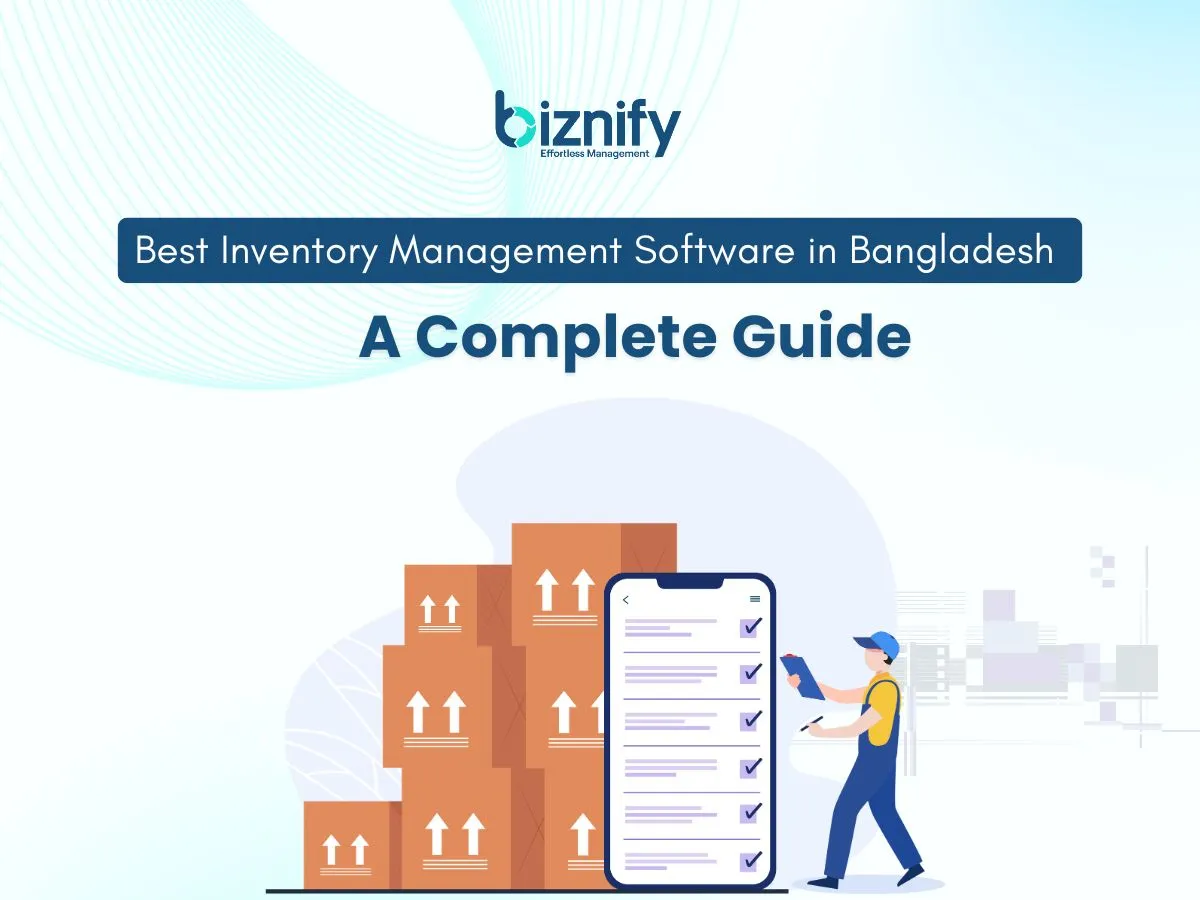
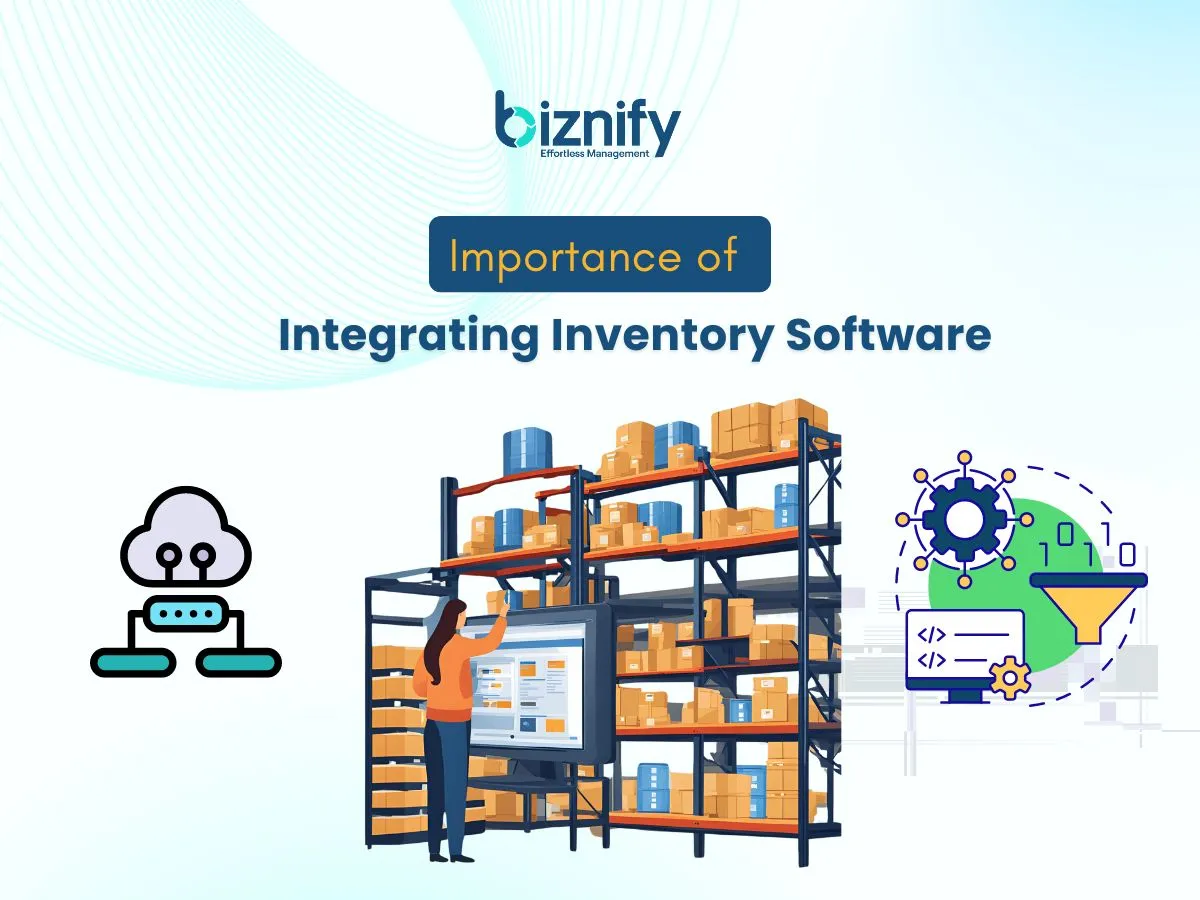
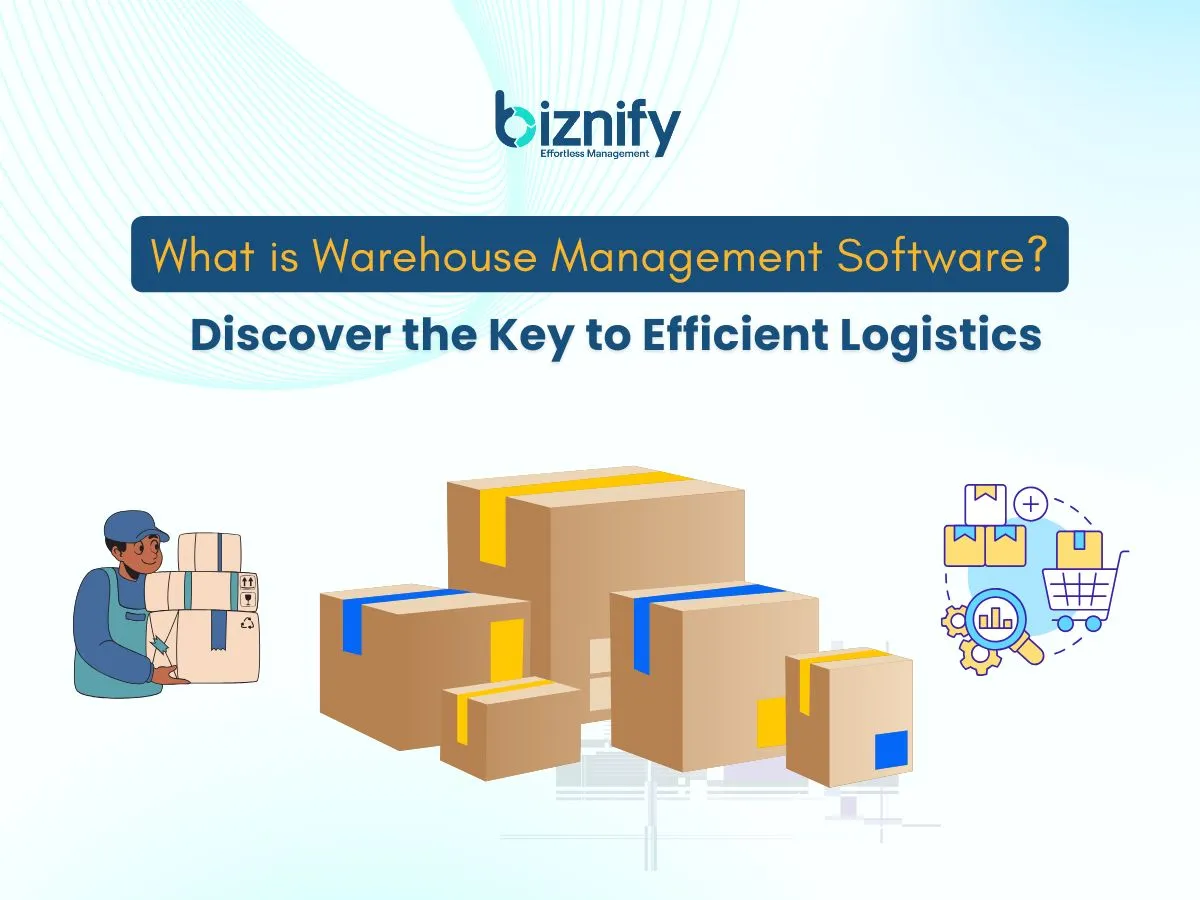
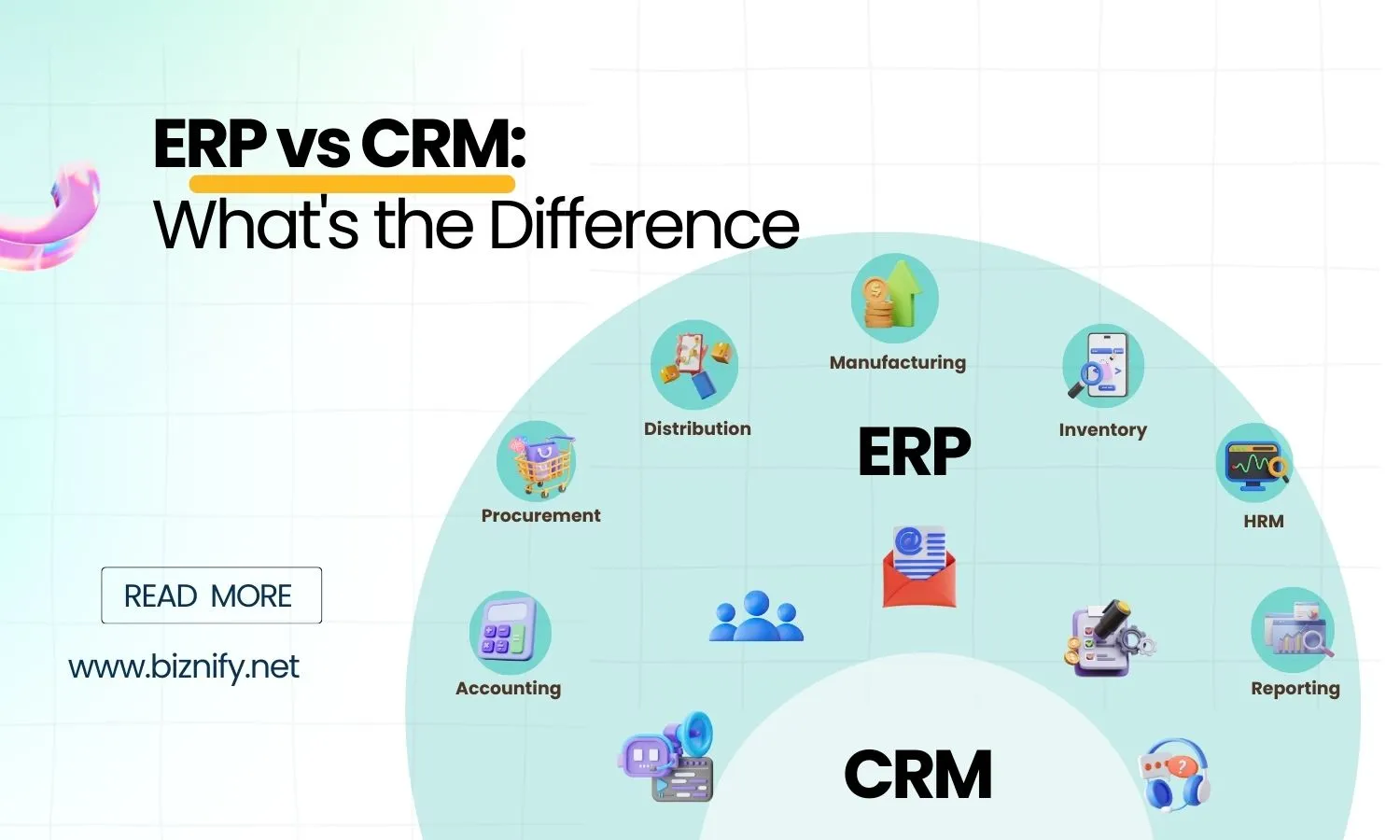
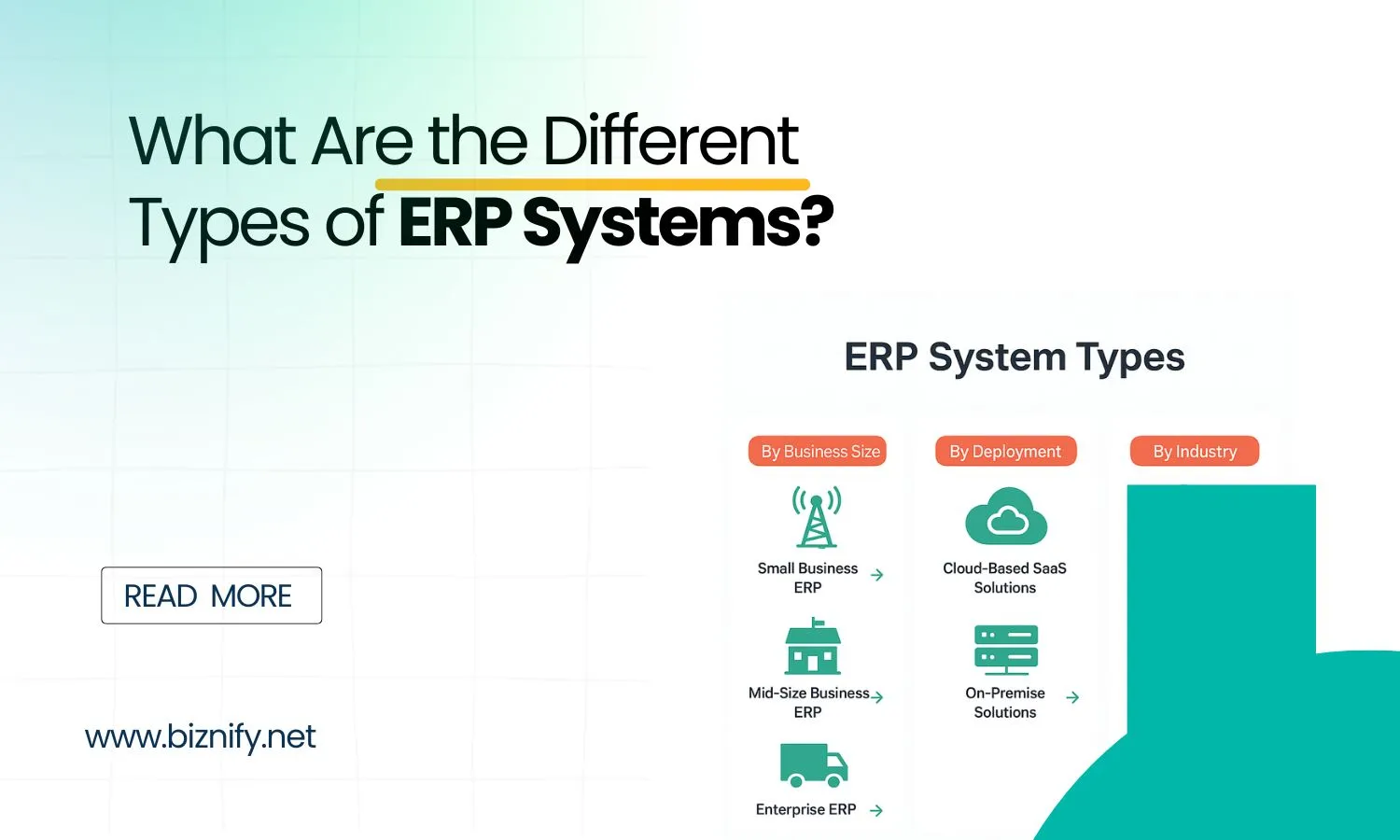
Just exploring ERP or unsure which modules you need? The Biznify team’s here with straight answers.